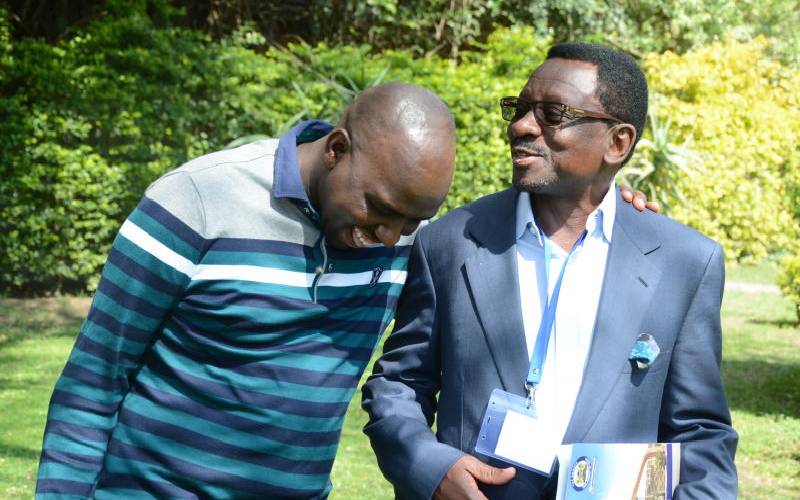×
The Standard e-Paper
Smart Minds Choose Us

Events of the past weeks have had many of us tied up in knots. It is said all that matters in politics are interests, hence the phrase; there are no permanent enemies (and friends) in politics.
So, many of us couldn’t fathom the metamorphosis of, say, James Orengo from a firebrand, progressive politician, ill-at-ease with power to the government apologist he is now.